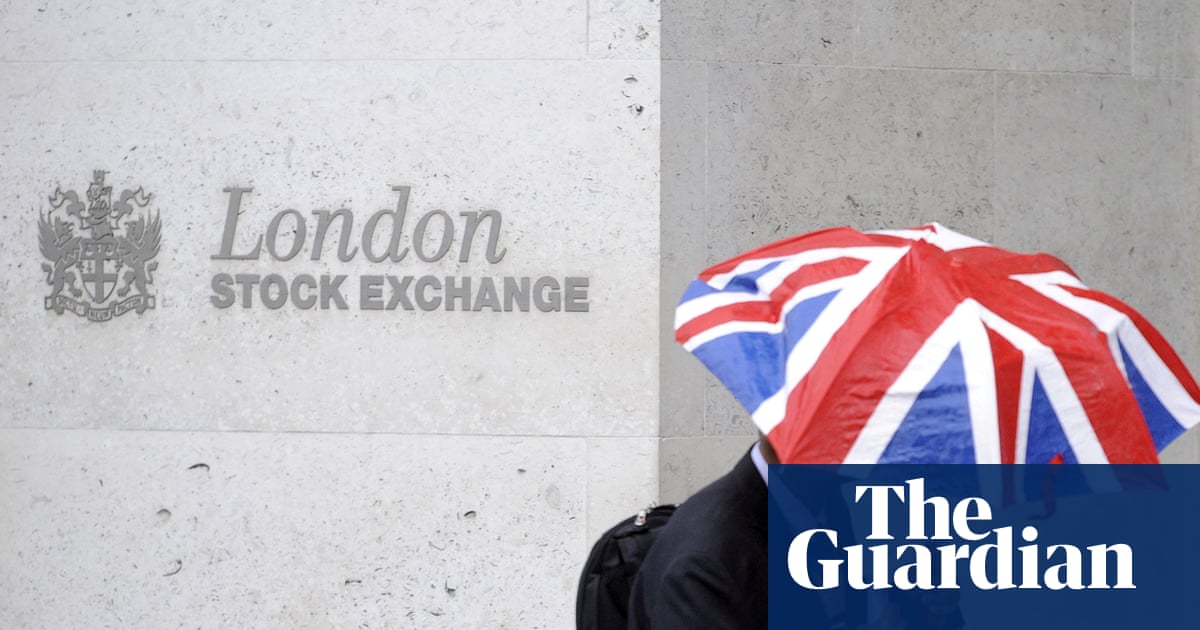
The sharp suited traders at the London Metal Exchange may never return to their red leather benches, after the managers of Europe’s last remaining in-person trading floor set out plans to move entirely to electronic trading.
The LME’s proposed closure of the Ring – known for its distinctive circle of red sofas – would mark one of the biggest changes to the world’s oldest and largest metal bourse since its founding in a City of London coffee house in 1877.
The LME, which is owned by the Hong Kong Stock Exchange parent HKEX, hosts the last remaining open outcry floor in Europe, following closures at the London International Financial Futures Exchange in 2000, and International Petroleum Exchange in 2005. The LME’s move to digital would leave just a handful of in-person trading sites in the world’s big financial centres, with the New York Stock Exchange and Chicago Mercantile Exchange among the last to hold on to the tradition.
LME members usually set the world’s daily benchmark prices for industrial metals such as copper, aluminium and zinc by shouting buy and sell orders across the Ring during intense five-minute sessions throughout the trading day.
However, the Covid crisis resulted in trades going completely electronic, giving members a glimpse into a future without the more raucous scenes and quirky rules that the LME has become famous for.
While Ring-dealing members are technically allowed to stand up and lunge as they yell their orders, they have to keep one of their heels on the base of the leather couches. Standing breaches resulted in fines worth £13,750 being doled out to 11 firms including JP Morgan Chase in 2014.
Members are banned from chewing gum and are bound by a strict dress code, which includes keeping your top button fastened, your jacket on and hair presentable, or else risk being fined.
The proposed closure of the Ring follows a string of changes in recent years. In 2019, it issued a daytime drinking ban and cracked down on LME parties being held at strip clubs and casinos to help clean up its boys’ club image and reputation for liquid lunches as chronicled by one of its former traders, Nigel Farage.
LME chief executive Matthew Chamberlain said the debate over the Ring’s closure “has been smouldering at the LME for 10 years”.
“We have tried to be really careful to not use the pandemic as an excuse to close the Ring. But, on the other hand, we can’t ignore the fact that we’ve now been doing electronic pricing for 10 months, and we’ve got a great set of data,” Chamberlain explained.
The LME boss said he expected the nine Ring dealing firms to argue their focus and expertise result in better pricing. But barring broader opposition, the LME could shut the Ring as early as May 2021, meaning traders who left last March may never return to their red leather couches.
Chamberlain said the Ring was a treasured part of the LME’s history and its potential closure was not a decision that would be taken lightly. “However, the LME has stood the test of time precisely because of its ability to adapt.”











